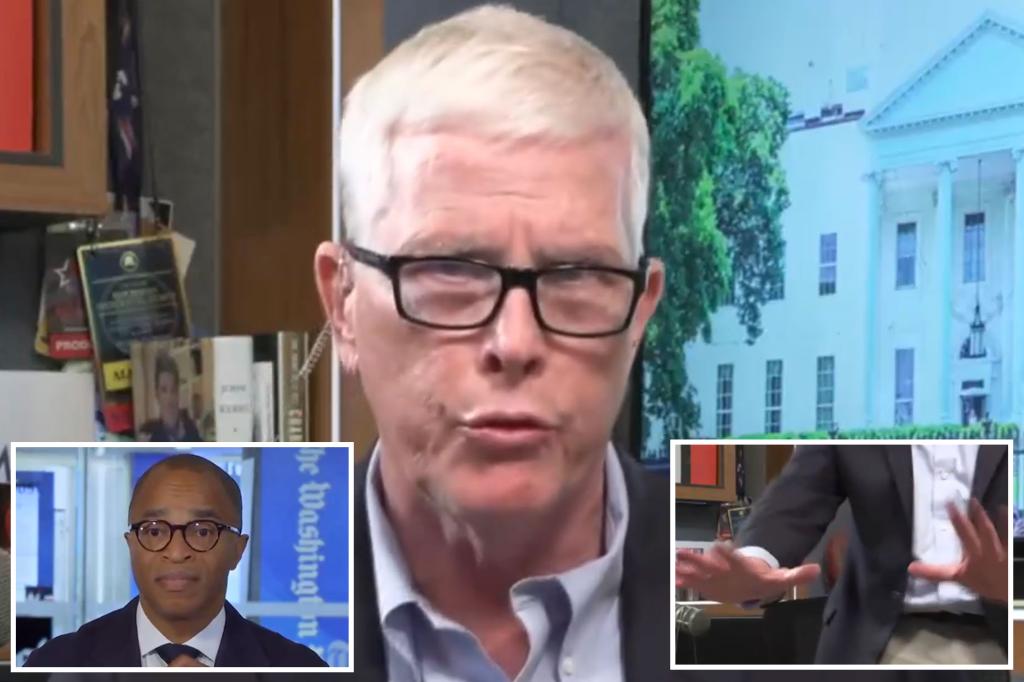Conservative radio host Hugh Hewitt resigned from the Washington Post after a heated discussion on a live stream with liberal columnists Jonathan Capehart and Ruth Marcus regarding Donald Trump’s claims of election fraud. The discussion revolved around a lawsuit filed by the Trump campaign in Pennsylvania to extend in-person voting in Bucks County. Capehart suggested that Trump was laying the groundwork for contesting the election by claiming cheating and suing Bucks County for alleged irregularities, to which Marcus agreed. Hewitt interjected, stating that the facts needed to be reported accurately, including the recent Supreme Court ruling that supported Virginia Gov. Glenn Youngkin’s move to purge people from voter rolls.
When Capehart accused Hewitt of making statements not based on facts, Hewitt abruptly left the live stream, resigning as a contributing columnist for the Washington Post. Conservative media figures praised Hewitt for standing up to what they perceived as left-wing bias and unfair treatment. This incident occurred during a period of turmoil at the Washington Post, as Jeff Bezos had recently made the controversial decision to prevent the editorial board from endorsing Democratic candidate Kamala Harris. Bezos expressed concern that the newspaper was becoming increasingly insular, only catering to a specific elite audience rather than the broader American public.
Bezos’ decision led to resignations at the Washington Post and sparked outrage among readers, with reports of 250,000 canceled subscriptions in protest. The New York Post reached out to the Washington Post for comment on the situation. The incident involving Hewitt highlighted the growing tensions within the media landscape, with accusations of bias and unfair treatment. The clash between Hewitt and the liberal columnists underscored the challenges and divisions present in today’s media environment, where differing political viewpoints often clash.
The incident also shed light on the challenges facing traditional media outlets like the Washington Post in navigating the changing media landscape. As digital platforms and social media have transformed the way news is consumed, established newspapers must grapple with how to maintain credibility and reach a diverse audience. The dispute over Bezos’ decision not to endorse Kamala Harris revealed deep-seated issues within the Washington Post and raised questions about the future direction of the newspaper. The fallout from these controversies highlighted the broader challenges facing mainstream media in an era of polarization and distrust.
Ultimately, Hewitt’s resignation from the Washington Post served as a symbol of the tensions and divisions within the media industry. The incident underscored the challenges facing traditional media outlets in an increasingly polarized and fragmented media landscape. As audiences become more fragmented and partisan, news organizations must grapple with how to maintain credibility and reach a diverse audience. The clash between Hewitt and the liberal columnists at the Washington Post reflected broader challenges facing the media industry and raised important questions about the role of media in shaping public discourse and informing citizens in a democratic society.













